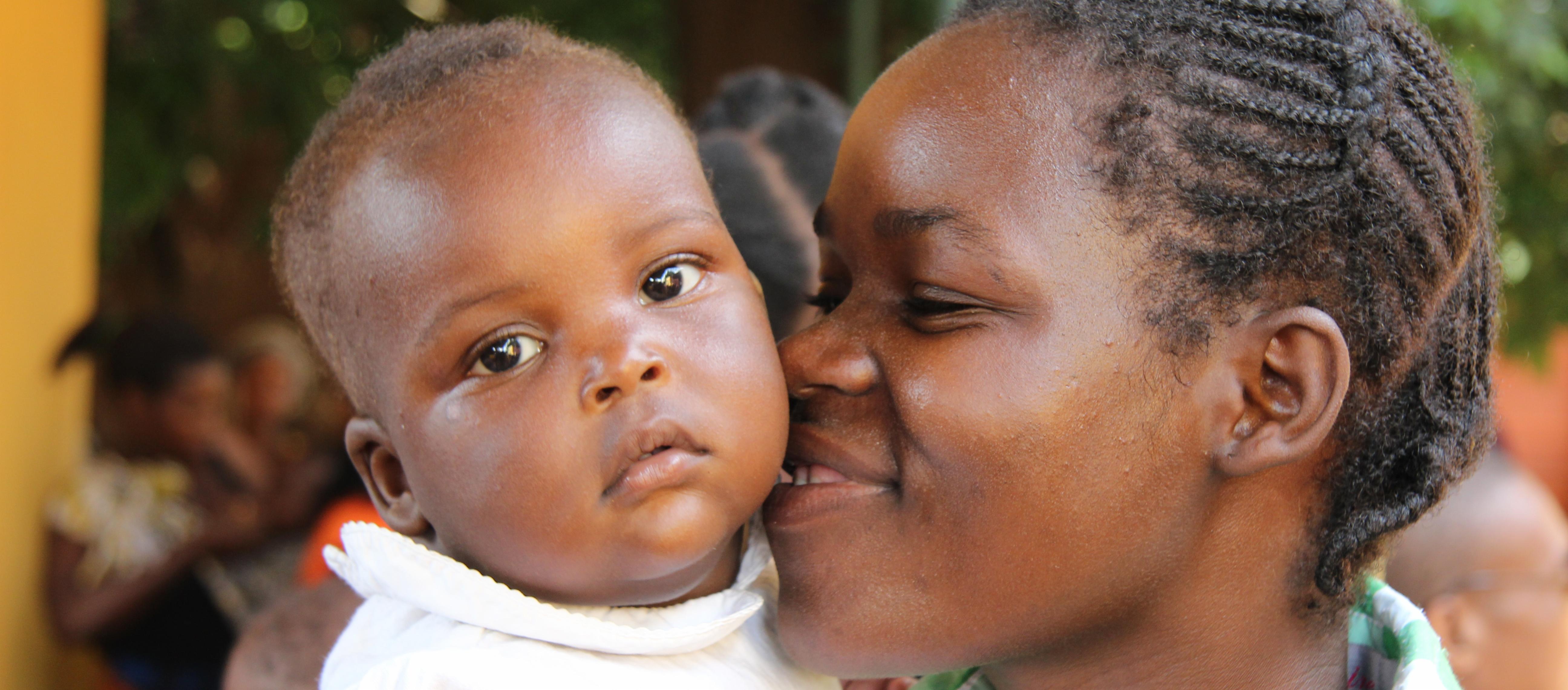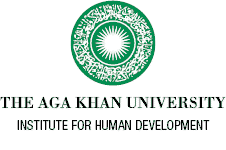Child Development in Marginalized Communities with Embedded Refugees

Supported By: The International Development Research Center (IDRC, Canada) and Aga Khan Foundation Canada
Location: Nairobi, Kenya
Duration: 2017 – 2021
Project CDMC (Child Development in Marginalized Communities) is a cluster randomized trial of an integrated intervention programme for native and embedded refugee populations, aimed at improving developmental conditions and resilience from birth to age 24 months. The project site is in Kawangware, a rapidly growing informal settlement in Nairobi, Kenya. The project is funded by the International Development Research Centre (IDRC) and Aga Khan Foundation Canada (AKF-C).
The first part of this project was formative in nature and entailed the gathering of detailed information on the study site, including service provision and utilization, community structures, state and non-state actors, developmental needs and opportunities to improve development and wellbeing of children and their families. The second part, will entail delivery of an integrated intervention programme to native as well as refuguee families who will be compared to similarly selected families who will receive routines services but not the intervention designed for the experimental phase of the project. Progress for each of the families will be evaluated at different data points throughout the project period to determine child and family outcomes. To ensure instrument validity and sensitivity to context, child development assessment tools were tested, validated and adopted at the formative study phase.
The project aims at address nutrition, health, early learning, protection and responsive care to attain holistic and comprehensive developmental outcomes for children. The strategy for this project is to work with Community Health Volunteers (CHVs) to reach targeted families and communities. The CHVs will be trained on delivery of the intervention package, coached and monitored through support supervision to ensure fidelity in implementation. The AKU- Institute for Human Development (IHD) and the Alliance for Human Development at the Lunenfeld Tanenbaum Research Institute in Toronto have partnered with Daraja Civic Initiative, a community-based organization, to execute the project on the ground.
The overall aim is to generate reliable evidence to support effective and scalable early childhood and family intervention for highly disadvantaged populations in low and middle income countries. This goal is especially important because families living in such marginalized environments face daunting risk factors, risks that are even greater for displaced/refugee families in informal settlements such as Kawangware.


